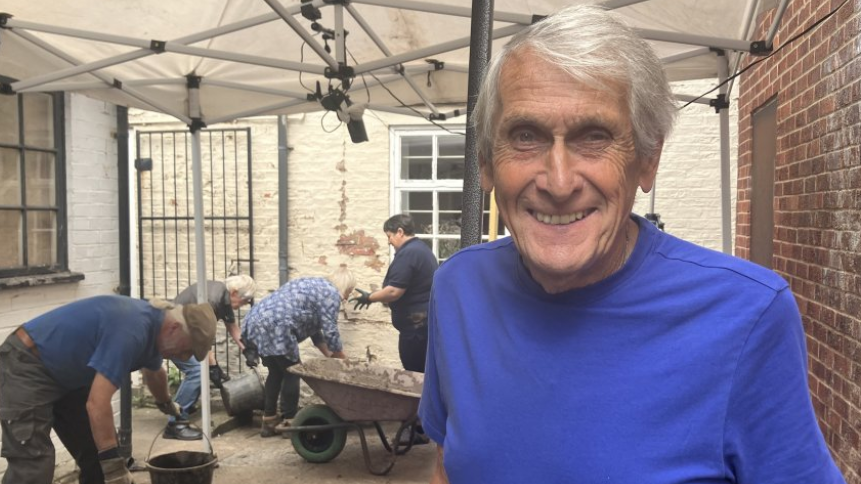Dig to unearth medieval leprosy hospital
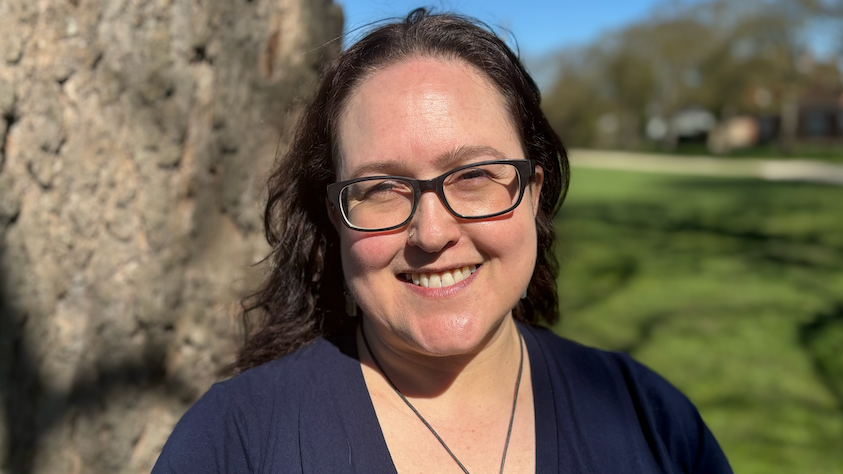
The dig at South Common needs volunteers across two weekends in July
- Published
A team of archaeologists who hope to unearth a medieval hospital during a dig in Lincoln said they were "ridiculously excited" to start the project.
Experts hope to uncover the remains of an 11th-century building that was used for 500 years as a hospital called a leprosarium; which people with leprosy would have admitted themselves into.
Dr Sam Tipper, a senior lecturer from Anglia Ruskin University, said the dig at the South Common, in the city, was "such a huge part of Lincolnshire's history and the people of Lincoln should know about it".
"This is 500 years of Lincolnshire history that people don't know about."
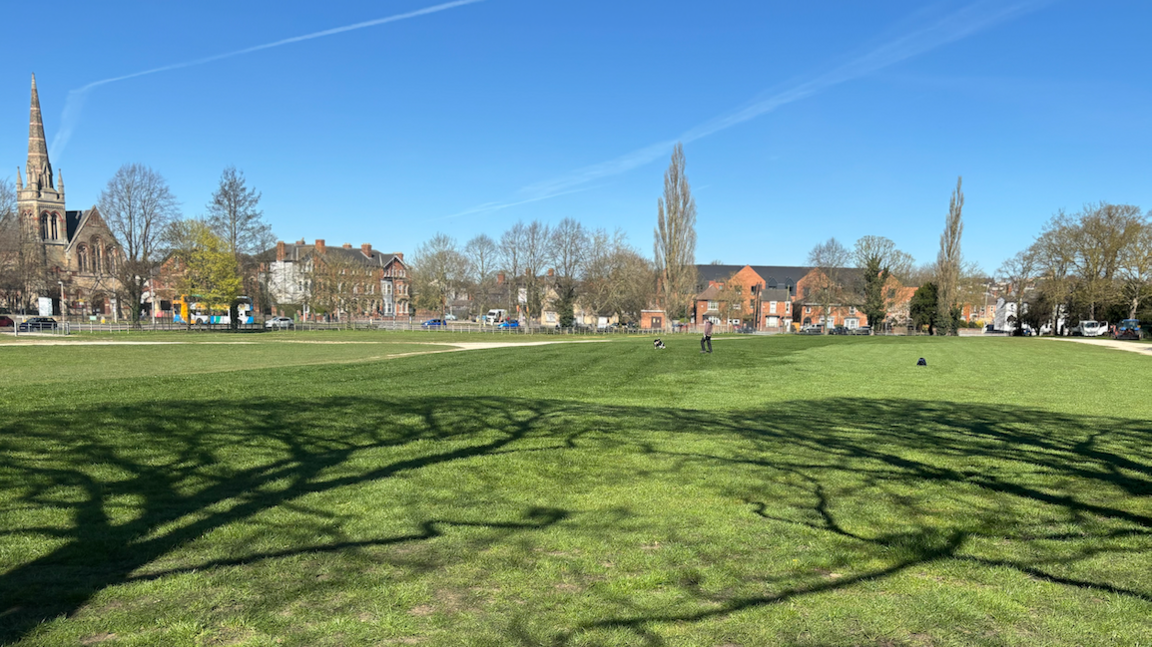
Volunteers from Bishop Grosseteste University, the University of Lincoln and Anglia Ruskin will work together to unearth finds
Leprosy is a chronic disease infectious between humans that attacks the skin, nerves and mucous membranes. No-one is thought to have caught it inside the UK for 70 years but it is still endemic in many parts of the world.
According to the academic, the leprosarium was known as "the Hospital of the Holy Innocents".
Dr Tipper said the building was a positive space which cared for people with leprosy who were believed to be enduring "their own purgatory on earth".
"Some thought they were closer to god, so it was quite a nice thing to do to look after them," she said.
The dig hopes to unearth buildings connected to the leprosarium, including a chapel.
"Anything we find will be something new," Dr Tipper said.
The dig will take place across two weekends in July and volunteers are needed to assist the excavation.
'Time machine'
Dr Tipper said the team would also look for evidence of other historical events such as the remains of convicts from Canwick who were thought to be hung and buried at a cemetery nearby to the dig site.
She added the excavation may discover remains from those who died from the Black Death.
"There's a time machine in the soil," she said.
"Everything will be part of the puzzle."
Listen to highlights from Lincolnshire on BBC Sounds, watch the latest episode of Look North or tell us about a story you think we should be covering here, external.
Related topics
- Published3 May 2024

- Published17 October 2024
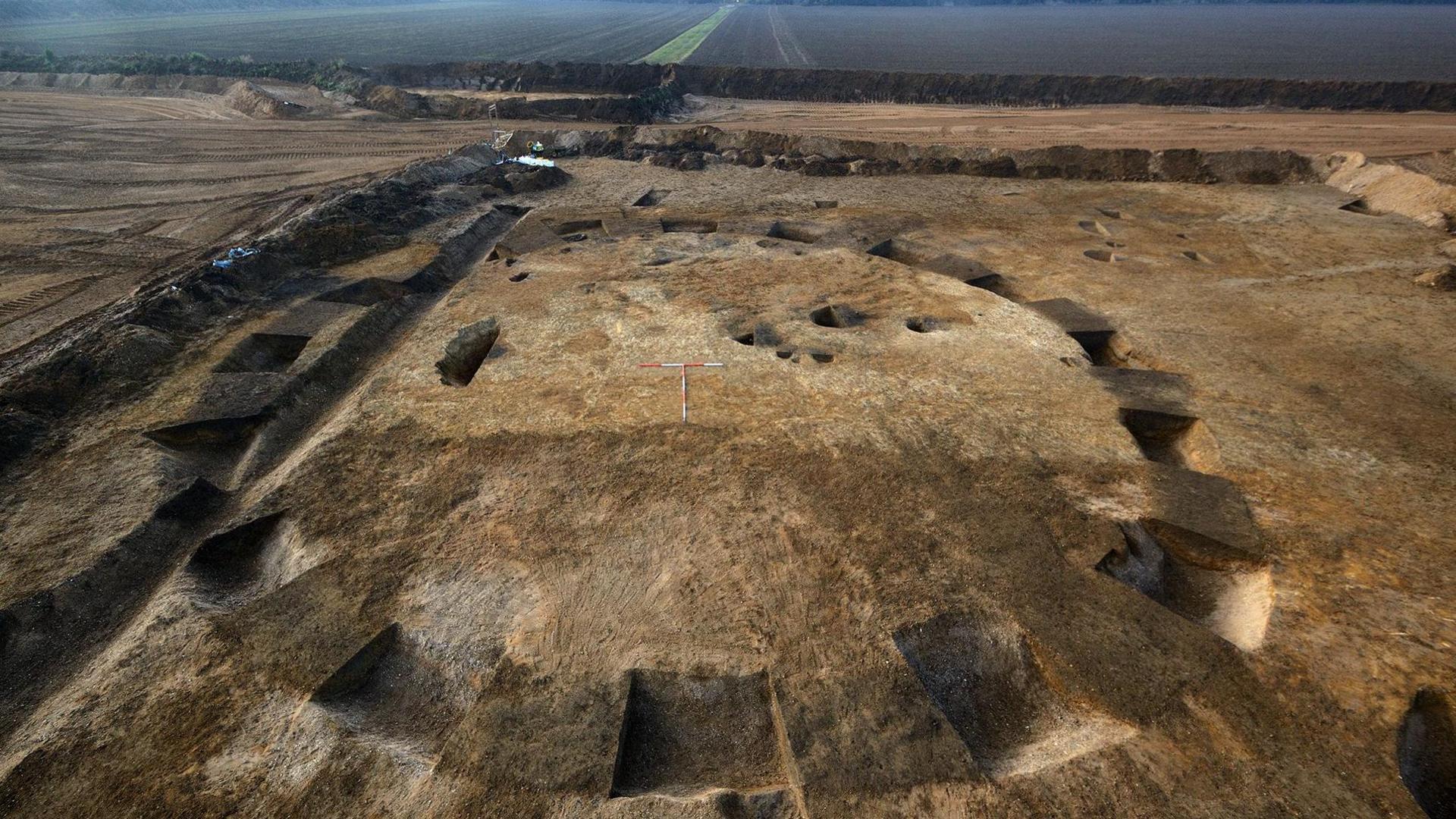
- Published5 May 2024
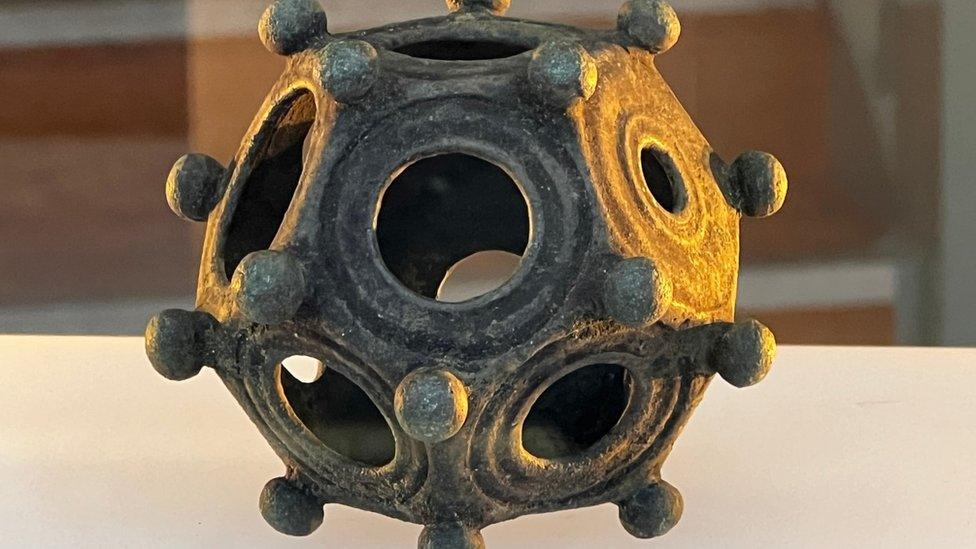
- Published26 July 2024
